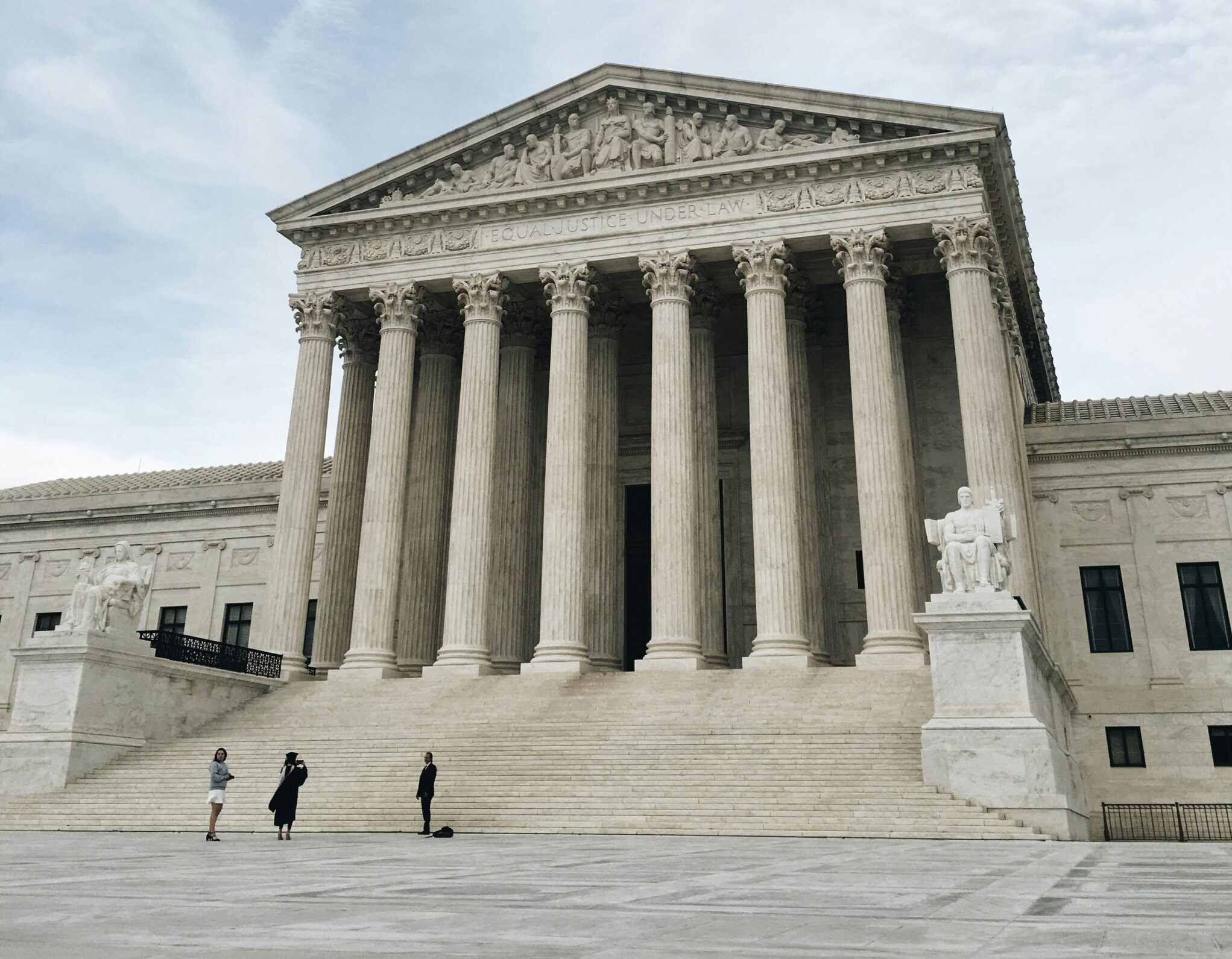Written by: Lyndsey Heaton, Zachary Alinder, and Gurleen Rana
This morning, the U.S. Supreme Court handed down its long awaited decision in Warner Chappell Music, Inc., et al. v. Nealy et al. , holding that a plaintiff asserting timely copyright infringement claims “is entitled to damages, no matter when the infringement occurred,” resolving the circuit split between Ninth and Second in favor of the Ninth Circuit’s interpretation. The Court found that the statute of limitations under the Copyright Act, which states that “[n]o civil action shall be maintaining under the provisions of this title unless it is commenced within three years after the claim accrued” does not establish a separate three-year look back period for recovering damages.
In deciding this case, the Supreme Court reasoned that the Court cannot — on the one hand, enable copyright owners to sue for infringing acts occurring more than three years prior if the injury was not discovered until later, and — on the other hand, take away the right to recover damages on claims stretching beyond those three years. This ruling is a (perhaps temporary, more on that below) win for copyright rightsholders who discover that infringement has been occurring and that it began more than three years prior.
The Majority Opinion, written by Justice Kagan, reasoned that any bar to damages would effectively “gut” or “silently eliminate” the discovery rule for copyright infringement claims. However, the win for copyright owners may be short lived as the Dissenting Opinion (written by Justice Gorsuch and joined by Alito and Thomas), makes it clear that at least three members of the Supreme Court are eager to decide the question of whether the Copyright Act authorizes application of the discovery rule at all. The Dissenting Opinion’s tone is disapproving of the discovery rule in the context of the Copyright Act, but also noted that the issue was not properly presented. The Dissent contended that cert had been improvidently granted in this case, and that the Court should have awaited “another squarely presenting the question whether the Copyright Act authorizes the discovery rule,” since that question was assumed for purposes of the Majority Opinion.
On that note, the discovery rule question is squarely presented in a case that is currently pending cert review before the Supreme Court in Hearst v. Martinelli. (See below). Since granting certiorari requires four justices and three were on the dissent in Warner Chappell Music, this victory for copyright rightsholders may be short lived, as the Court may next take on the predicate question of whether the discovery rule applies to the Copyright Act’s statute of limitations for civil claims at all.
Warner Chappell Music, Inc., et al. v. McNealy, et al.: https://www.supremecourt.gov/opinions/23pdf/22-1078_4gci.pdf
Hearst v. Martinelli Petition for Review: https://www.supremecourt.gov/DocketPDF/23/23-474/288691/20231102132150353_23-_PetitionForWritOfCertiorari.pdf.
Hearst v. Martinelli Docket: https://www.supremecourt.gov/search.aspx?filename=/docket/docketfiles/html/public/23-474.html.







